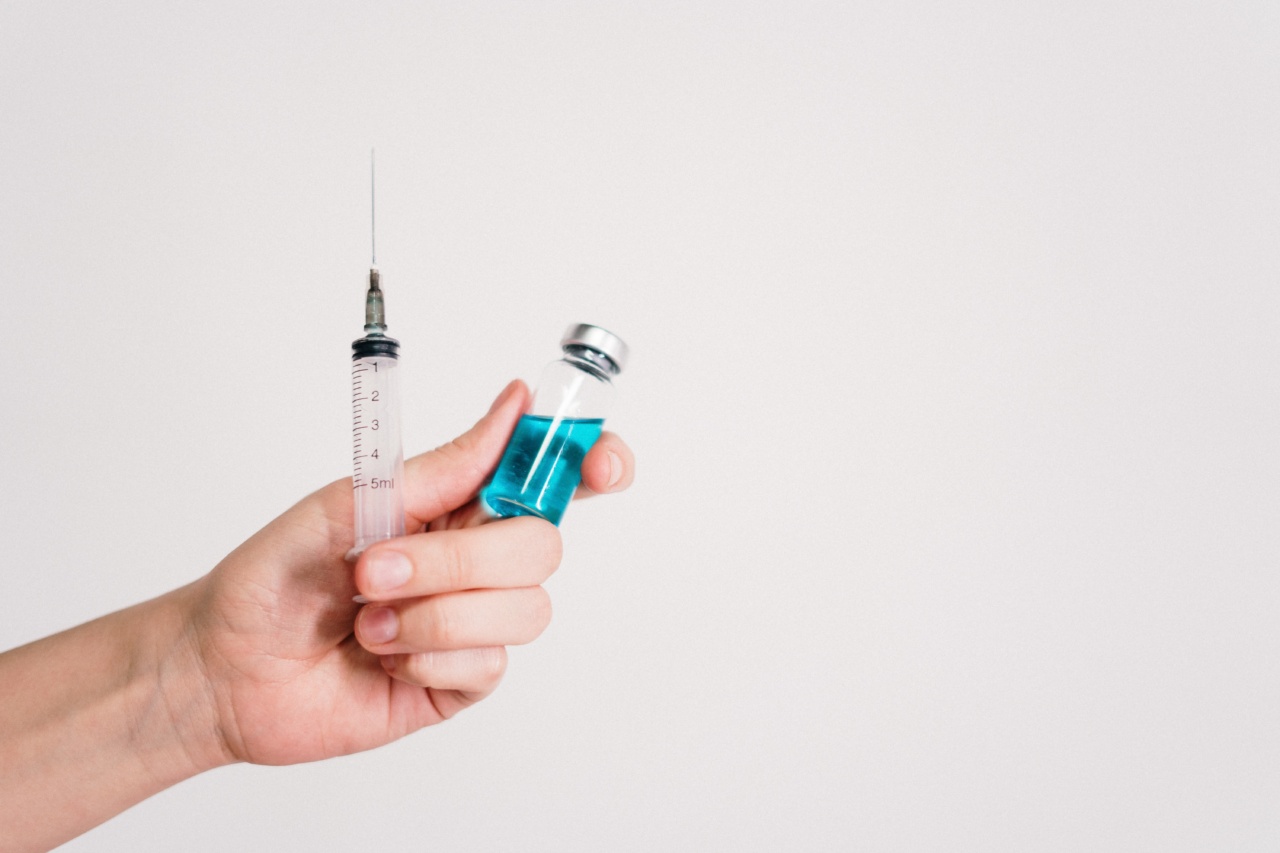Hyperactivity, also known as attention deficit hyperactivity disorder (ADHD), is a neurodevelopmental disorder characterized by symptoms of impulsivity, inattention, and hyperactivity.
It affects both children and adults, causing difficulties in various aspects of life, ranging from academics and work performance to social interactions. While there are various treatment options available for managing hyperactivity, the use of saffron as a natural remedy has gained significant attention in recent years.
Understanding Hyperactivity and its Challenges
Hyperactivity can significantly impact an individual’s daily life. Children with ADHD often struggle in school due to difficulties in paying attention, following instructions, and organizing tasks.
They may also face challenges in maintaining friendships and controlling impulsive behaviors. Similarly, adults with ADHD may face similar difficulties in their professional lives, leading to poor job performance and strained relationships.
The Role of Saffron in Hyperactivity Treatment
Saffron, derived from the Crocus sativus flower, is a popular spice known for its distinct color, flavor, and aroma. However, saffron is much more than just a culinary ingredient.
It has a long history of medicinal use and is packed with beneficial compounds that have been found to have positive effects on the brain.
Research suggests that saffron may be an effective treatment option for hyperactivity due to its ability to modulate neurotransmitter function.
Neurotransmitters, such as dopamine and serotonin, play a crucial role in regulating mood, attention, and cognitive processes. Imbalances in these neurotransmitters have been linked to ADHD symptoms.
Evidence Supporting Saffron’s Effectiveness
A growing body of research has explored the potential benefits of saffron in managing hyperactivity. Various studies have demonstrated saffron’s positive effects on improving attention, reducing impulsivity, and enhancing cognitive performance.
Improved Attention and Cognitive Function
In a randomized controlled trial involving children with ADHD, saffron supplementation showed significant improvements in attention, concentration, and cognitive performance compared to a placebo group.
Reduced Hyperactivity and Impulsivity
Another study examining the effects of saffron on hyperactivity and impulsivity in children with ADHD found that saffron supplementation reduced these symptoms, leading to improved overall behavior and social interactions.
Natural Mood Stabilizer
Individuals with ADHD often experience mood swings and emotional instability. Saffron has been found to act as a natural mood stabilizer, helping to regulate mood and reduce irritability.
Improved Sleep Patterns
Sleep disturbances are common among individuals with hyperactivity. Saffron has been shown to promote better sleep quality and regulate sleep patterns, which can have a positive impact on overall attention and behavior.
Safe and Well-Tolerated Treatment Option
One of the advantages of using saffron as a treatment for hyperactivity is its safety and tolerability. Compared to conventional medications prescribed for ADHD, saffron is a natural remedy with minimal side effects.
However, it is essential to consult a healthcare professional before incorporating saffron supplementation into a treatment plan.
Complementary Approach to Standard Treatments
Saffron can be used as a complementary approach alongside standard treatments for hyperactivity. It is not a standalone solution but can enhance the effectiveness of other interventions such as behavioral therapy and medication.
Conclusion
Saffron shows promise as a safe and effective treatment option for individuals with hyperactivity.
Its ability to improve attention, reduce impulsivity, stabilize moods, and regulate sleep patterns make it a valuable addition to the management of ADHD symptoms. However, further research is necessary to understand the optimal dosage, long-term effects, and potential interactions with other medications.
Individuals considering incorporating saffron into their treatment plan should consult with a healthcare professional to ensure its safe and appropriate use.






























